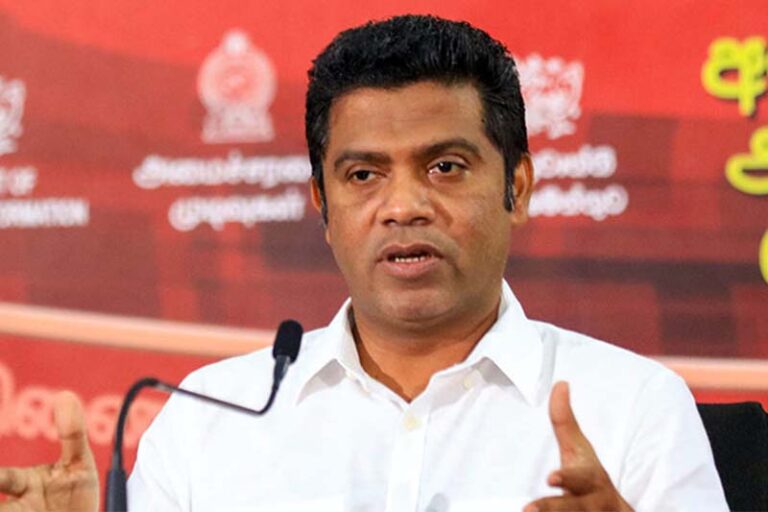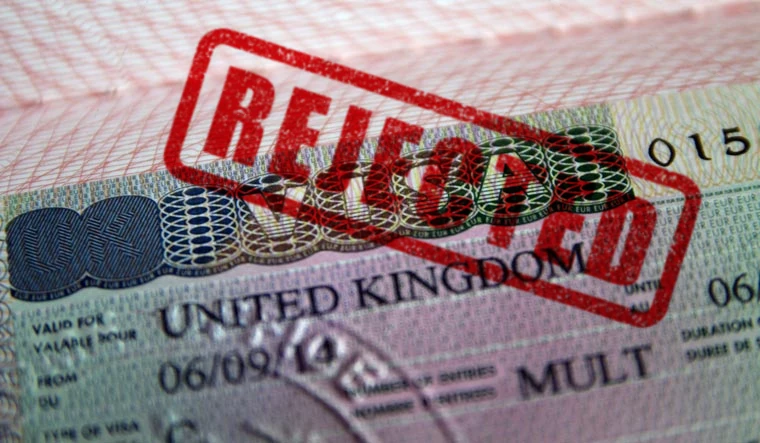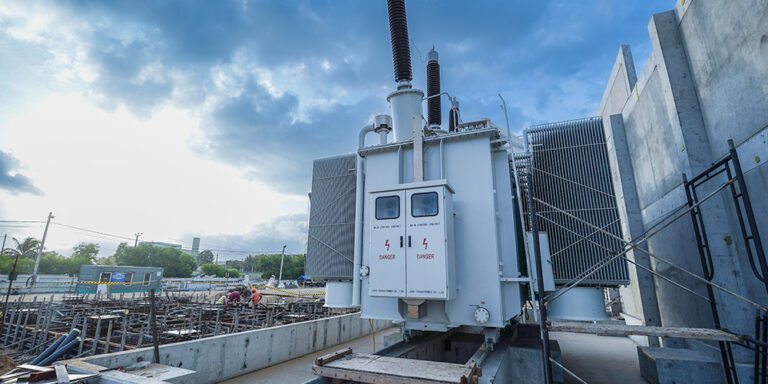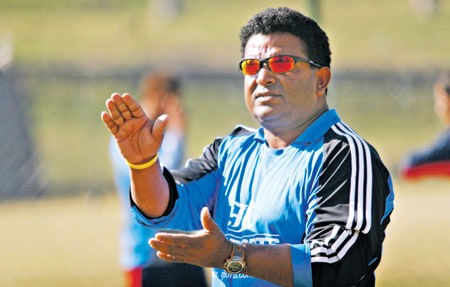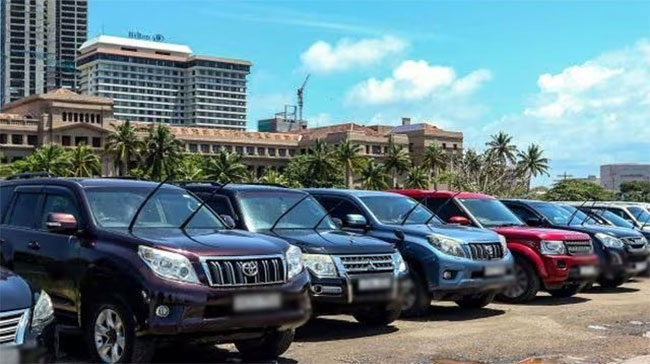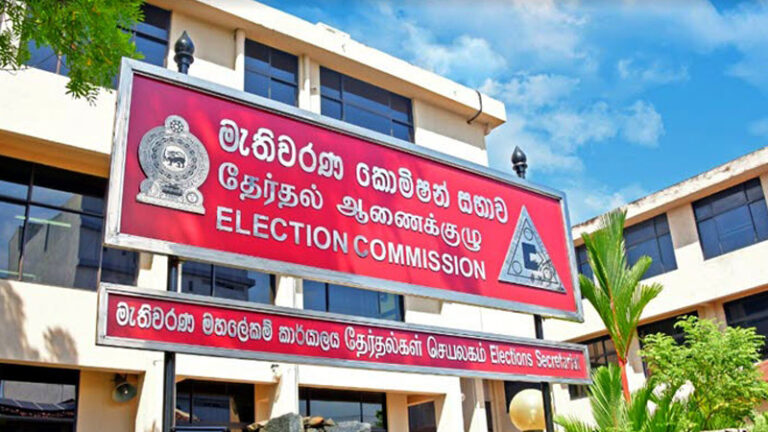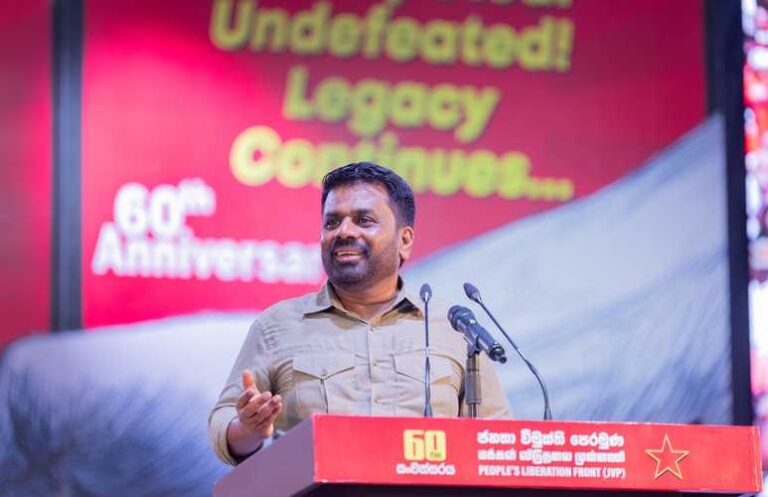By: Staff Writer
May 15, Colombo (LNW): Sri Lanka is focusing on strengthening its food science and technology sector through legislation and educational programs. The government is working to formalize the Sri Lanka Food Science and Technology Agency as a government-backed institution, while universities offer various diploma and degree programs in food science and technology
The Government this week decided to expedite the finalisation of a draft bill to legalise the Sri Lanka Food Science and Technology Agency through an Act of Parliament.
The move approved by the Cabinet of Ministers at their meeting on Wednesday, aims to formalise the agency’s status and strengthen its role in promoting food science and technology at both national and international levels.
Established in 2004, the agency consists of professionals and scientists in the field of food technology and has operated voluntarily since its inception. It is currently registered as a company limited by guarantee.
On 27 September 2016, Cabinet approval was first granted to transform the agency into a legally recognised body with Government sponsorship, allowing it to play a more structured and impactful role in the sector.
Although a draft bill was prepared by the Legal Draftsman and amended in consultation with the Attorney General, it has yet to be presented to Parliament. At its meeting held on 11 June 2024, the Cabinet of Ministers approved the preparation of the final version of the draft legislation.
“Considering the delay, the Cabinet approved the proposal submitted by Agriculture, Livestock, Lands and Irrigation Minister K.D. Lalkantha to expedite the completion of the legislative process,” Cabinet Spokesman and Minister Dr. Nalinda Jayatissa said at weekly post-Cabinet meeting media briefing on Thursday.
He said once enacted, the new law is expected to enhance the agency’s institutional capacity and facilitate its contributions to food innovation, safety and policy development.
University of Colombo: Offers a Diploma in Food Science & Technology, a one-year program. University of Sri Jayawardenepura: Provides a B.Sc. in Food Science and Technology, with a focus on practical skills and research.
Faculty of Graduate Studies, University of Sri Jayawardenepura: Offers an MSc. degree in Food Science and Technology. SLIATE: Offers a Food Technology program, including industrial training.
The Department of Food Science and Technology, University of Sri Jayewardenepura, participated in the 2024 exhibition, showcasing their work and promoting innovation in the food industry.
The Department of Food Science & Technology at the University of Peradeniya is engaged in research on food analysis, processing, and preservation.
The trends in food science and technology are focusing on sustainable food production, with innovations like vertical farming and regenerative agriculture.


